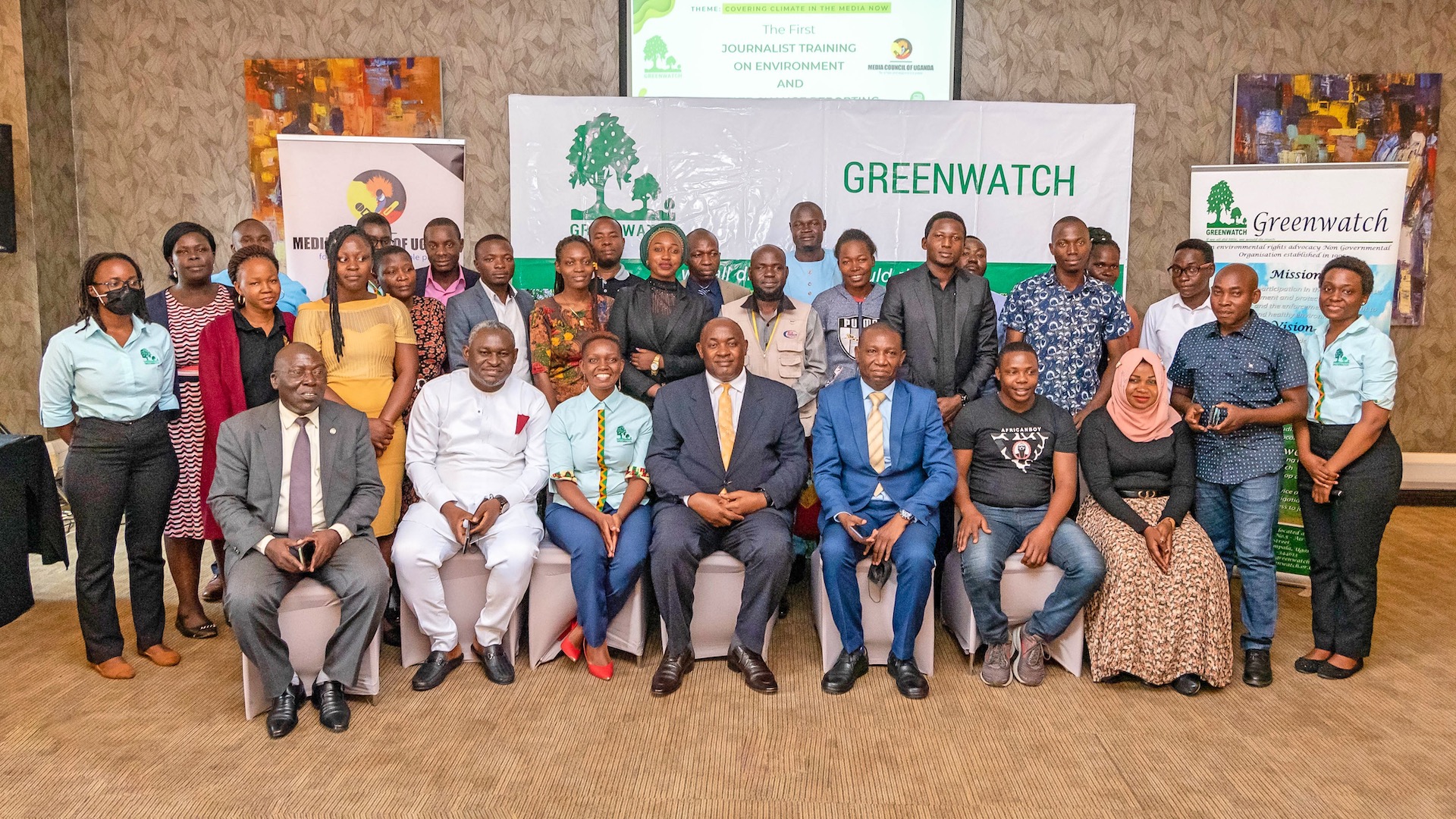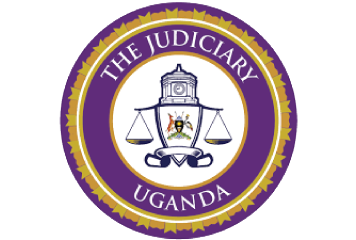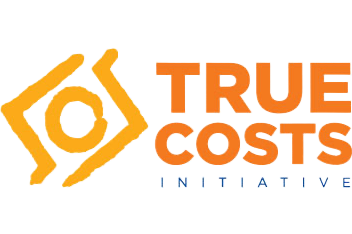Since 1998, Greenwatch has conducted training for over 200 judicial officers, lawyers, prosecutors and enforcement officers among others. Greenwatch has developed its training programme to promote and strengthen the legal and institutional framework for the effective management and adjudication of the environment issues. Through training, Greenwatch has built the capacity of individuals, judicial officers, law enforcement officers, government officials and local NGOs in the protection and conservation of the environment and has presented innovative ideas and solutions to current environmental issues.
-
Training for Judicial Officers;
With the increasing number of environmental cases presented before the judicial officers, it was realised that there is an ardent need to develop the jurisprudence to promote greater application and enforcement of environmental laws. In order to accomplish this, it was found necessary that judicial officers are trained and equipped with knowledge and skills of handling such cases.
The training has also helped establish jurisprudence on environmental matters in Uganda. Judicial officers are now equipped with knowledge and skills on environmental law that helps them adjudicate environmental cases from a well-informed perspective.Past related workshops;
- In conjunction with the Media Council of Uganda, Greenwatch held the The First Journalist Training on Environment and Climate Change Reporting on the 27th and 28th of July 2022. Theme: "Covering Climate In The Media Now"

A group photo from The First Journalist Training On Environment & Climate Change Reporting held on 27th to 28th of July 2022 at Mestil Hotel - The 4th Judicial Training was held on the 13th and 14th of April 2022, organised by Greenwatch in conjunction with the Judicial Training Institute (JTI) at Mestil Hotel & Residences, Kampala. The theme of the training workshop was: "Strengthening The Judiciary's Adjudicative Role in Administering Climate Justice”

Participants from the Fourth Judicial Training on Climate Justice - On the 18th and 19th March 2021, Greenwatch in conjunction with the Judicial Training Institute (JTI) organised the 3rd Judicial Training on Climate Justice in Uganda held at Mestil Hotel & Residences, Kampala. The theme of the training workshop was: "Understanding climate change and exploring the role of the Judiciary in implementing climate justice”
- Greenwatch in conjunction with the Judicial Training Institute (JTI) organised the 2nd annual Judicial Training on Climate Justice in Uganda on the 10th and 11th Sepetember 2020. The theme for the year was: "Climate Justice; Ensuring a More Fair and Equitable Society"
- Judicial training on climate justice; November 2019. This was conducted in conjunction with Judicial Training Institute with support from Heinrich Boll Stiftung Nairobi.Among the objectives of the training was to introduce the Judges, Registrars and Magistrates to the concept of climate justice, to enable them to develop and implement effective approaches to adjudicate climate change disputes at the national level, adoption of improved implementation of climate change frameworks, increased awareness, knowledge and understanding of Uganda’s climate change obligations under the Paris Agreement.
- Magistrates Training in environmental law and practice; August 14th-17th 2005. This was conducted in conjunction with the Judicial Training Institute (JTI) of the Judiciary and with support from the Environmental Law Institute and National Environment Management Authority (NEMA).
- Judicial Symposium on environmental law for judges of the Supreme Court and Court of Appeal of Uganda; 11th -13th September 2005. This was conducted in conjunction with the JTI and NEMA, with financial support from the Partnership for Development of Environmental Law Institution in Africa (PADELIA) programme of UNEP.
- Regional Judicial Symposium for East African Judges on "Fostering the East African Cooperation through Access to Environmental Justice: September 2002. This regional symposium was financially supported by the World Resources Institute (WRI).
- Magistrates’ symposium on Environmental Law and Practice in Uganda: May 2003: Greenwatch partnered with Environmental Law Institute (ELI), NEMA and UNEP under the PADELIA project to conduct this event. This was financially supported by UNEP.
- Judicial Training on Environmental Law and Access to Justice for Grade I and Chief Magistrates: August 8-11, 2004. This was done in conjunction with the JTI and financially supported by ELI.
- In conjunction with the Media Council of Uganda, Greenwatch held the The First Journalist Training on Environment and Climate Change Reporting on the 27th and 28th of July 2022. Theme: "Covering Climate In The Media Now"
-
Training for Lawyers;
In June 2000, Greenwatch held a workshop for East African lawyers on Environmental law and access to Justice, which had over 20 young lawyers from the region.
This training equipped the lawyers with knowledge, ideas and skills of how they can prepare, develop and present cases on environmental issues. The training highlighted the technicalities on practice and procedure in environmental law.Related workshops;
Regional workshop for East African Lawyers on "Access to Environmental Justice”: June 2000-Jinja Uganda. The Environmental Law Institute (ELI) and World Resources Institute through USAID, made this event possible. -
Training for District Environment Officers;
In 2001, Greenwatch trained District Environment Committees, and other Civil Society leaders and stakeholders in Eastern Uganda (particularly Tororo, Busia and Mbale districts), in the formulation of environmental ordinances and by-laws. This activity created awareness of the district officers on environmental conservation, management as well as related laws and policies.
Greenwatch received financial support in October 2004 from the FORD Foundation to facilitate an environmental law awareness raising project aimed at assisting Luweero (Central Uganda), Bugiri (Eastern Uganda) and Rakai (South-Western Uganda) districts to formulate and develop environmental ordinances/by-laws for sound environmental management. The partners of the project included: NEMA, The District Technical Committees (including Fisheries, Water resources management, entomology, wetlands management, planning, agriculture, and land management), Sub-county and parish chiefs, Local council chairpersons, and extension workers working at the grass root level with the local people.
The main objectives of the project included:
- Increasing public participation in enforcement and management of the environment and natural resources.
- Improving environmental management at household and community level through participatory approach.
- Enhancing the legal and institutional framework.
- Assisting districts in the formulation and development of By-laws/ordinances, so as to build the capacity of district officials, NGOs and CBOs as well as the local community members to support environmental law enforcement.
- The project was also aimed at equipping the district officials, local communities and community based organizations with knowledge and information to enable them understand the laws and regulations that govern environmental management and also help the technical team spearhead the protection and management of the environment in their respective project areas/districts. The process resulted in the designing and formulation of environmental by-laws for environmental management.
The various partners with whom Greenwatch worked on this project include:
- The National Environment Management Authority (NEMA), which is the lead national agency charged with environmental management and also development of environment related legislation governing environmental protection, in implementing this project.
- The District Technical Committees (including Fisheries, Water resources management, entomology, wetlands management, planning, agriculture, land management) officers who identified issues and problems that were addressed in the ordinance.
- Sub-county and parish chiefs, Local council chairpersons, and extension workers working at the grass roots level with the local people.
- The ordinances were drafted with full participation of the district technical officials, community based organisations, subcounty and parish chiefs together with some communities and disseminated to the district technical team for review and also to incorporate issues that they feel should be captured. The ordinances were then submitted to the district council members to be adopted and endorsed; after which they will be submitted to the Attorney General for enactment.The ordinances are currently before the district councils.
-
Training of Police Officers and Prosecutors;
Training of law enforcement officers is aimed at providing tools of enforcement of environmental laws and regulations and to equip such officers with knowledge and skills on environmental cases and how such crimes can be handled.


